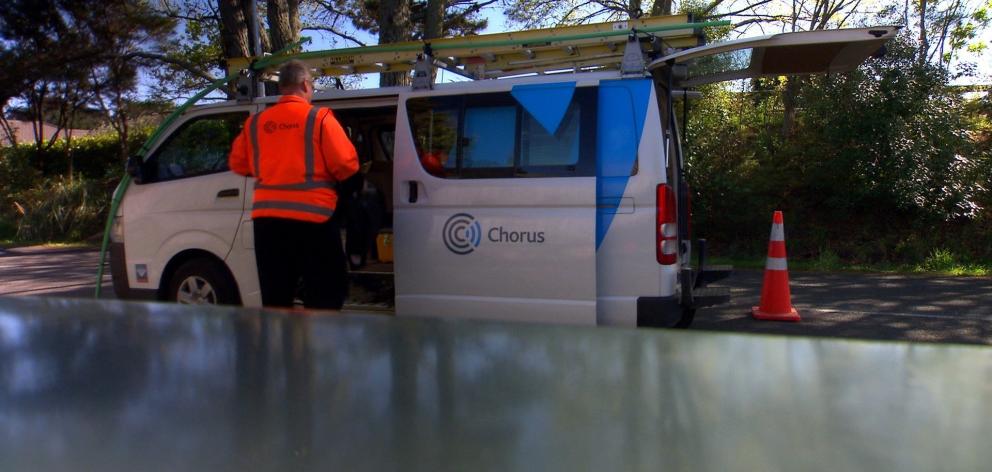
Chorus chief financial officer Andrew Carroll said the new agreement recognised the Government's pending regulatory review had proposed a ''building block'' model of regulation.
''We've taken the pragmatic approach a building block model is likely to include the cost of residential non-standard installations in a regulated asset base, allowing a regulated return on this investment.''
Chorus had been providing funding for residential non-standard installations since late 2012, with an initial fund of $20million increased to $28million in 2014.
The listed company won the major share of the Government's programme to build a fibre telecommunications network to 75% of the country, a target since extended to 80%.
Chorus previously estimated the fibre network would cost between $1.75billion and $1.8billion to build, and forecast capital expenditure of between $580million and $630million in 2016.
The Crown's investment in Chorus comprises 1.9 million non-voting shares, which convert to ordinary shares after 2025, allowing the Government to receive dividends and debt securities that did not bear interest. Under the 2012 agreement, Chorus had to redeem those in tranches from 2025 to 2036 at the latest.
In February this year, Chorus said funding would be extended until the end of the year, following a further agreement with Crown Fibre Holdings (CFH).
Chorus had worked with CFH to find a way to continue to provide free non-standard residential connections through to the end of the build period, 2019, Mr Carroll said.
Communications Minister Amy Adams said the Government wanted as many New Zealand homes as possible to enjoy the benefits of the $1.6billion UFB rollout.
''I'm delighted we've been able to extend the agreement to the end of phase one of the UFB build in December 2019 and intend to ensure similar provisions exist in contracts for UFB phase two.''
Accessibility of UFB would be increased and that allowed the Government to fulfil its commitment to make residential UFB connections free.
Local fibre companies Northpower, Enable and Ultrafast Fibre had already agreed to provide free non-standard installations to the end of 2019, Ms Adams said.
The agreement with Chorus extended an arrangement under which it would not charge a wholesale fee to install UFB into standalone homes and multi-dwelling units of three floors or less, which were up to 200m from the boundary.
For multi-dwelling units of more than three floors, Chorus was required to fund the first $1000 per unit before seeking contributions from building owners.
''The agreement is a pragmatic solution and has been agreed without further funding from CFH,'' Ms Adams said.












